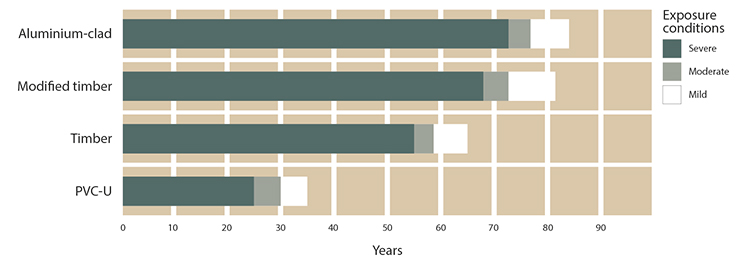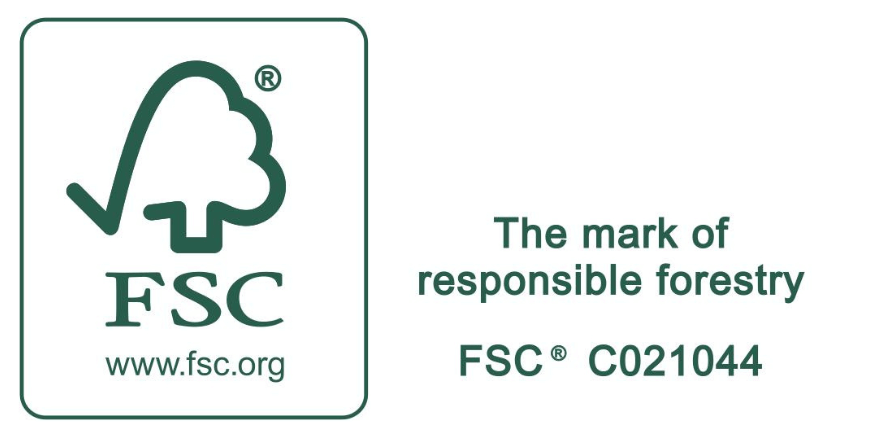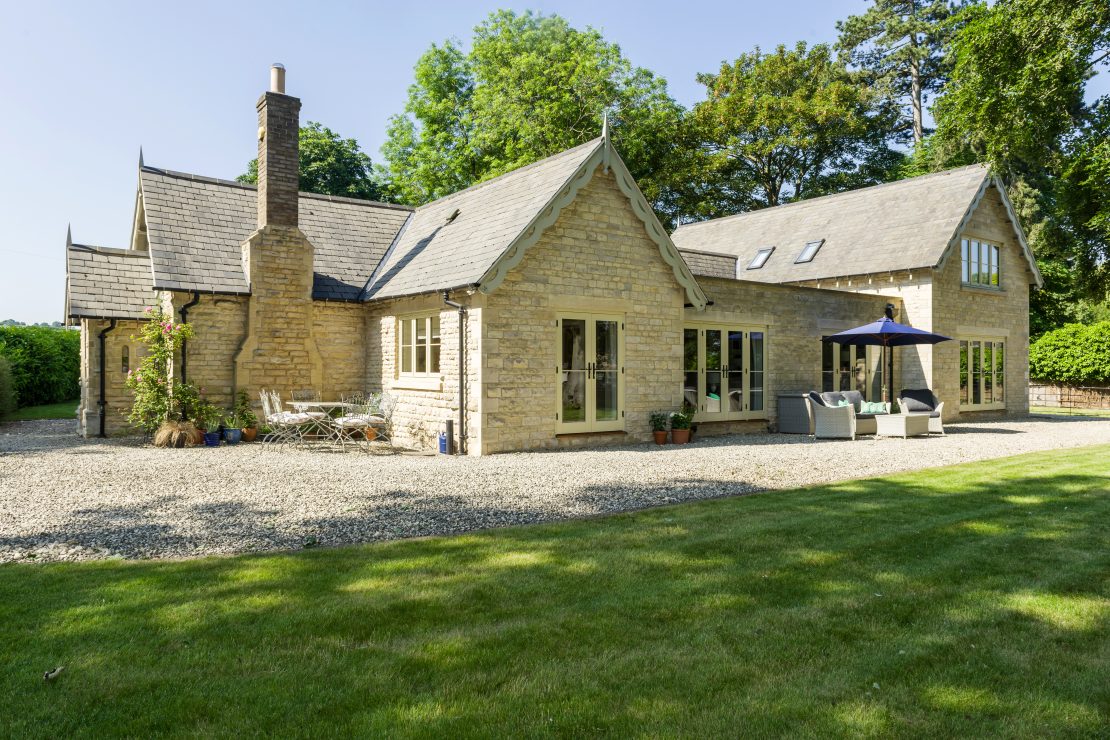July 4, 2019
Research carried out by the Institute of Building and Urban Design at Heriot-Watt University on behalf of the Wood Window Alliance shows that timber window and door frames have a longer service life than PVC-U alternatives. The study found that modern timber frames can last up to four times longer than uPVC frames.
Although poorly manufactured wood windows, typically made in the 1960s and 70s, tend to show premature signs of wear and degradation, high quality Edwardian and Victorian examples show no sign of deterioration even after over a century of use.
Today, modern manufacturing methods mean that timber frames made to Wood Window Alliance standards can have a life expectancy that far exceeds that of uPVC.
Modern methods
In today’s timber frame factories, the frames are treated and coated before they leave the production line, whereas previously these processes have been carried out after the frames have been installed on-site.
Completing these processes in the factory results in a significantly higher quality product.
- Coatings are applied with greater precision in factory-controlled conditions.
- Coatings are applied to otherwise inaccessible areas.
- Vulnerable areas and joints are specially treated.
- Drained and vented glazing units are sealed with gaskets rather than putty.
As a result, factory-made timber frames tend to have the best warranties available – typically 30 years for the frame and 8 years for the coating. In addition, these frames require less maintenance, with the coating typically not needing to be redone for 8 to 10 years.
Improved manufacturing standards
Using ISO 15686-8 methodology, the WWA study covered aluminium-clad timber and modified timber, as well as normal timber and uPVC.
It was found that five categories affect the service life of window and door frames:
- Inherent performance
- Design
- Manufacturing standards
- External environment
- Maintenance level
The following manufacturing standards were shown to have a significant impact on improving a frame’s service life:
- Sustainable, defect-free, engineered timber
- Rounded edges and water shedding angles on cills and beads
- Joint and end-grain sealing
- Flexible microporous protective paint
- Factory controlled glazing and coating
The results
The results of the study show life expectancy of timber windows made to Wood Window Alliance standards based on three different exposure conditions.
Aluminium-clad frames perform the best, with a life expectancy of between 72 and 83 years. Modified timber comes next, with 68 to 79 years of life. Timber was found to have a life expectancy of 56 to 65 years. This is still twice the length of a uPVC frame life, at just 25 to 35 years.





















